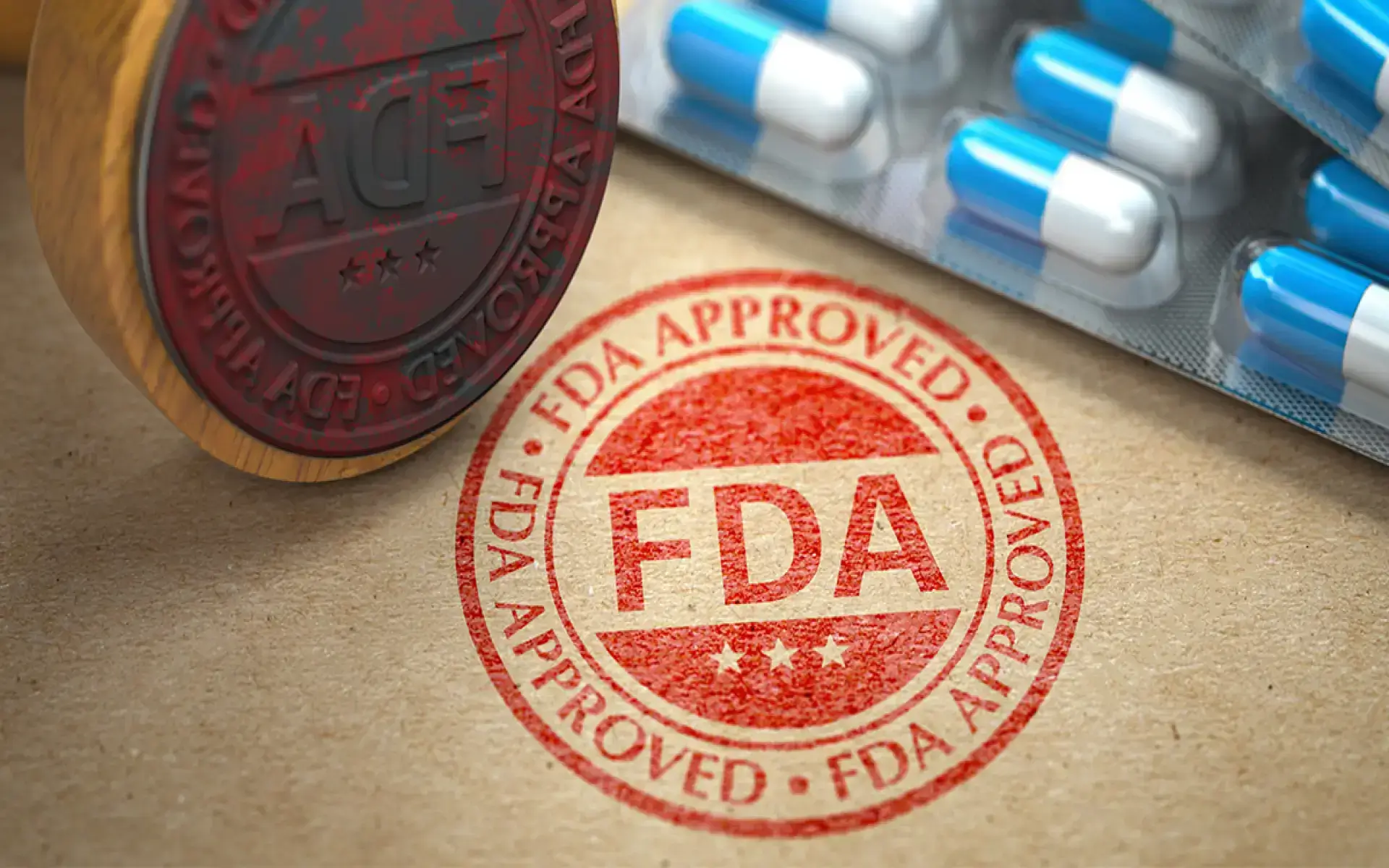The FDA’s accelerated approval program, launched in 1992, initially aimed to expedite access to HIV drugs. It allows promising drugs for debilitating or fatal diseases to be granted early approval based on preliminary results. In return, drug companies are expected to conduct rigorous testing and provide substantial evidence of efficacy for full approval.
This program serves a dual purpose – it provides patients with early access to potentially life-saving drugs and motivates pharmaceutical companies to develop novel treatments. However, this expedited pathway also has its downsides. There’s a risk that some medications might not live up to their initial promise, which leads to the question – are we rushing the process at the expense of definitive proof of efficacy?
A recent study assessed the impact of this accelerated approval process on cancer drugs. The study found that, between 2013 and 2017, 46 cancer drugs received accelerated approval. Surprisingly, only 43% of these drugs demonstrated a clinical benefit in confirmatory trials, yet 63% were converted to full approval.
This revelation raises serious concerns about the efficacy of the accelerated approval process. As Dr. Ezekiel Emanuel, a cancer specialist and bioethicist unconnected to the study, puts it, “Five years after the initial accelerated approval, you should have a definitive answer. Thousands of people are getting those drugs. That seems a mistake if we don’t know whether they work or not.”
One aspect highlighted by the study was the patients’ understanding of drugs with accelerated approval. As Dr. Edward Cliff, a study co-author, points out, it is unclear how much patients understand about these drugs. He questions whether patients are aware of the uncertainty associated with these treatments.
In this context, the role of physicians becomes crucial. They need to ensure that they carefully explain the evidence and don’t overpromise the benefits. For patients with rare or advanced cancers, drugs with accelerated approval may be the only viable option, making it vital for doctors to communicate the potential benefits and risks clearly.
Despite its pitfalls, the accelerated approval program can be seen as a necessary evil, especially for patients with advanced or rare cancers for whom these drugs might be the only hope. However, there’s a dire need for more stringent regulations and better communication with patients.
Recently, Congress enacted changes to the program, giving the FDA more authority and streamlining the process for withdrawing drugs if companies fail to meet their commitments. These changes allow the agency to withdraw approval more quickly if necessary and require a confirmatory trial to be underway at the time of preliminary approval. This could potentially speed up the process of verifying a drug’s efficacy.




